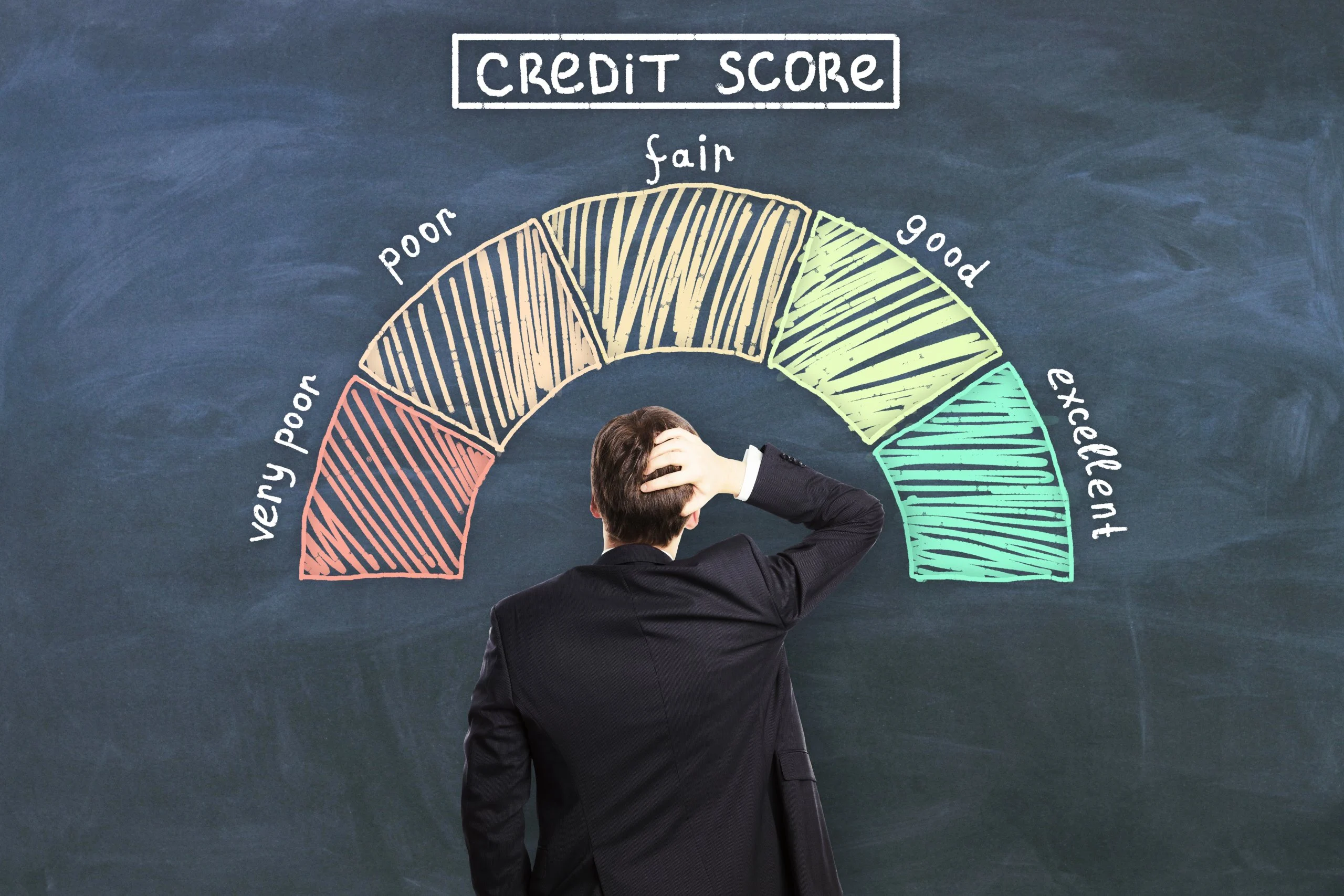- The Credit Score Maze: Navigate the misconceptions and discover the real keys to improving your creditworthiness.
Credit scores play a pivotal role in our modern financial landscape, impacting everything from our ability to secure loans to renting an apartment and even finding a job. However, a myriad of myths and misconceptions surround credit scores, leading many to make decisions that inadvertently harm their creditworthiness. In this article, we will debunk ten of the most common credit score myths while offering valuable tips on how to improve and maintain a healthy credit score.
Myth 1: Carrying a Balance Boosts Your Credit Score
One prevalent myth suggests that maintaining a balance on your credit cards helps improve your credit score. Contrary to popular belief, this is not the case. In reality, carrying a balance can harm your credit score by inflating your credit utilization ratio. The ideal approach is to pay off your credit cards in full each month, ensuring your credit utilization ratio remains low.
Myth 2: Checking Your Credit Score Hurts Your Credit
Some people fear that checking their credit score will negatively impact it. This myth couldn’t be further from the truth. Checking your own credit score, also known as a soft inquiry, does not affect your credit score in any way. In fact, regularly monitoring your credit score can help you identify errors and take corrective action promptly.
Myth 3: Your Credit Score is Fixed
Your credit score is not set in stone. It’s dynamic, constantly changing based on your financial activities. Making responsible financial decisions such as paying bills on time and maintaining a low credit utilization ratio can lead to an improved credit score. Conversely, poor decisions like missed payments or maxing out credit cards can cause your score to decline.
Myth 4: High Income Equals a Good Credit Score
While income does play a role in your financial life, it’s not the sole determinant of your credit score. Other factors, like payment history and credit utilization, carry more weight. It’s entirely possible to have a good credit score with a modest income by managing your credit responsibly.
Myth 5: Bad Credit Equals No Loans
Having bad credit doesn’t mean you’re entirely ineligible for loans. There are specialized lenders who cater to individuals with less-than-perfect credit. However, you may face higher interest rates due to the added risk.
Myth 6: Co-Signing Won’t Affect Your Credit
Co-signing on a loan can indeed impact your credit score. When you co-sign, you become legally responsible for the debt if the primary borrower defaults. Missed payments or defaults on the loan by the primary borrower can negatively affect your credit score.
Myth 7: Too Many Credit Cards Are Detrimental
Having multiple credit cards isn’t necessarily a bad thing. In fact, it can lower your credit utilization ratio, which is beneficial for your credit score. However, managing your cards responsibly and avoiding maxing them out is crucial.
Myth 8: Rebuilding Bad Credit Takes Forever
Contrary to popular belief, rebuilding bad credit doesn’t have to be a lengthy process. By consistently making sound financial choices such as paying bills on time, your credit score can begin to improve in just a few months.
Myth 9: Checking Your Credit Score Requires a Fee
You don’t need to pay a fee to access your credit score. Numerous websites and apps offer free credit score reports. Additionally, each of the three major credit bureaus provides a free annual credit report upon request.
Myth 10: Credit Score Is the Sole Lending Criterion
While your credit score is a significant factor, lenders consider other aspects, including income, employment history, and debt-to-income ratio when evaluating loan applications.
Also read: Credit Mastery: How to Build and Maintain a Healthy Credit Score
Tips for Credit Score Improvement
If you’re eager to enhance your credit score, here are some valuable tips to consider:
- Pay your bills on time and in full, as this is the most crucial factor affecting your credit score.
- Keep your credit utilization ratio below 30% by using only a fraction of your available credit.
- Avoid frequently opening new credit accounts, as each application leads to a temporary drop in your score.
- Maintain old credit accounts, even if they are not in regular use, to bolster your credit history’s length.
- Review your credit reports for errors and dispute any inaccuracies with the credit bureaus. You are entitled to a free credit report from each bureau once a year.
By following these tips and debunking common credit score myths, you can take proactive steps towards improving your credit score, making it easier to secure loans and other forms of credit, and ultimately building a stronger financial future.



